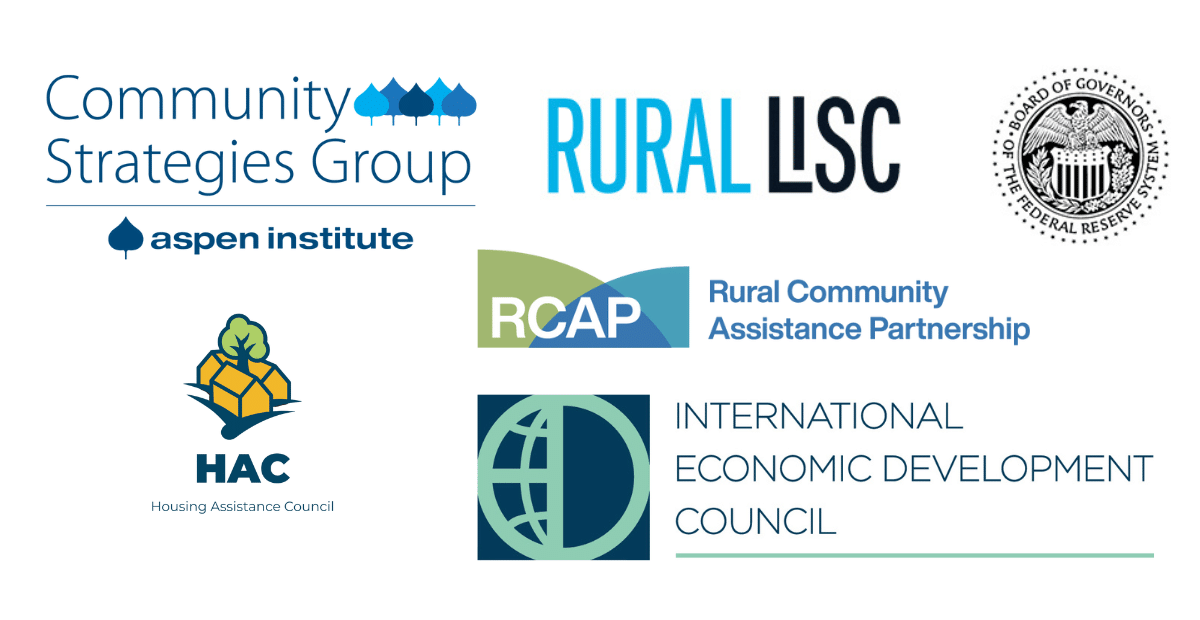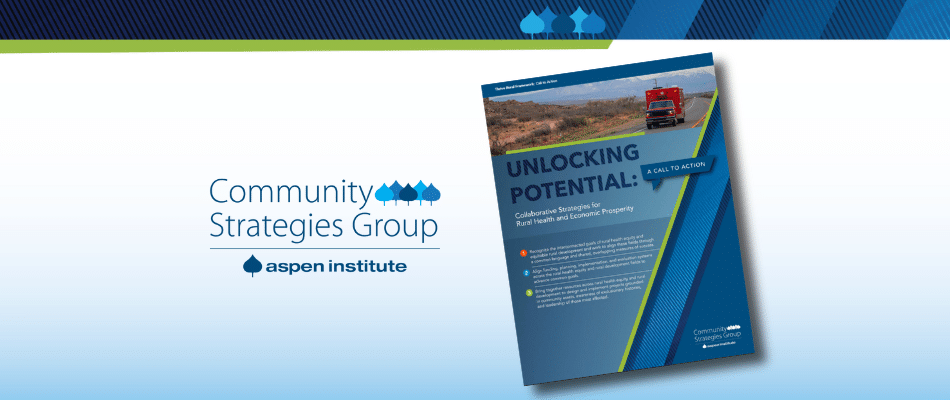View this Publication
VISION: COMMUNITIES WORKING WITH FUNDERS ON THEIR OWN TERMS
When people and organizations in underinvested rural communities and Native nations seek funding for their work, they are often required to learn and use specific language, processes, practices, and measures of success to conform to funder expectations and systems. This process can be difficult, intimidating, and frustrating — and it requires community members to adopt strategies toward success metrics that don’t always match what the communities prioritize.
Recognizing this, some funders are shifting gears to learn communities’ language, processes, and practices, enabling more equitable partnerships and impactful projects that meet community needs.
VOICES: BUILDING FUNDER CAPACITY
Respectful engagement with rural communities and Native nations on their own terms is essential to environmental justice. Fair treatment and meaningful involvement require agencies and funders to build their own capacity to engage communities effectively. Some funders are working to build their capacities by learning from communities, shifting power to communities (trust-based philanthropy), and changing the way they operate to better meet community needs. Philanthropic funders, especially, are well-positioned to experiment with new models that can then be adopted and adapted by larger institutions like federal agencies.
Featured in this case study: Imperial Valley Wellness Foundation in rural southeastern California is a leader in this movement, modeling and demonstrating ways to collaboratively build capacity across agencies, funders, organizations, and communities. And the Environmental Protection Agency (EPA) National Environmental Justice Advisory Council (NEJAC) is an example of a federal agency structure that can be leveraged to implement successful models.

“For me, it’s always been about developing trust through a community-building approach. What I’ve done is really looked at power building with the underinvested communities.”
Roque Barros, Imperial Valley Wellness Foundation
related resources
Aspen CSG’s consultant Rebecca Huenink led the writing process for our What’s Working in Rural series. We are grateful for her contributions.












